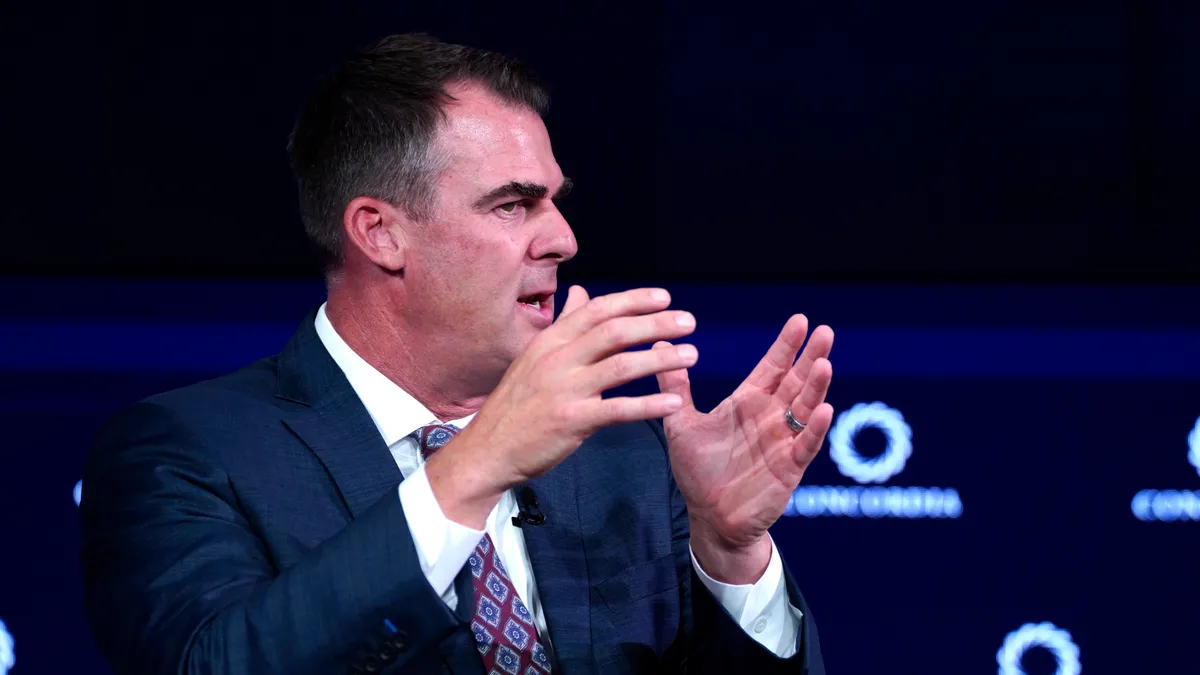Dive Brief:
- The Gies College of Business at the University of Illinois at Urbana-Champaign said it will stop enrolling students in its residential MBA program as it shifts focus to its online MBA, specialized master's programs, undergraduate education and "lifelong learning."
- Enrollment in what it calls the "iMBA" — which costs around $22,000 — grew from 1,100 students in 2016 to 3,200 in 2019. Offered through online education platform Coursera, it runs between 24 and 36 months. The decision to end the residential program is pending university approval, and it could face scrutinty from the faculty, The News-Gazette reported.
- Gies also aims to grow its offering of specialized master's degrees in fields including accounting, finance and technology management. On the undergraduate side, the college enrolls about 1,000 students in an online business minor.
Dive Insight:
MBA programs nationwide are recalibrating in the face of declining interest from students within the U.S. and abroad. As with Gies, the responses include a shift online, the addition of specialized degree and nondegree programs, and a move into undergraduate education.
The University of California, Davis's Graduate School of Management announced earlier this month that it is launching an online-only MBA with online program manager 2U. Curriculum will be similar to the on-campus version, as will tuition, which The Sacramento Bee reported will be about $104,400. The publication also noted that UC Davis is the first institution in the UC System to offer a fully online business degree. The university is also adding two online short courses, in leadership and strategic negotiations, through 2U's GetSmarter brand.
A major vote of confidence in online business education came in January, when Harvard University rebranded its online education platform from HBX to the Harvard Business School Online. Its own dean had expressed doubt just a few years before HBX launched in 2014 that the esteemed business school would pivot online any time soon.
The opportunity to generate revenue surely helps. HBX brought in $12 million from some 8,000 students in 2017, Inside Higher Ed reported. The platform offers multiweek, certificate-based courses in areas such as business analytics, entrepreneurship and financial accounting.
The University of Miami Business School is also looking at specialization to differentiate its offerings. Its dean, John Quelch, told Education Dive in February that its one-year specialized master's programs in areas such as business analytics, finance and sustainable business are increasingly popular.
Meanwhile, other business schools are using new approaches to recruit students they don't traditionally target, including liberal arts undergraduates.














